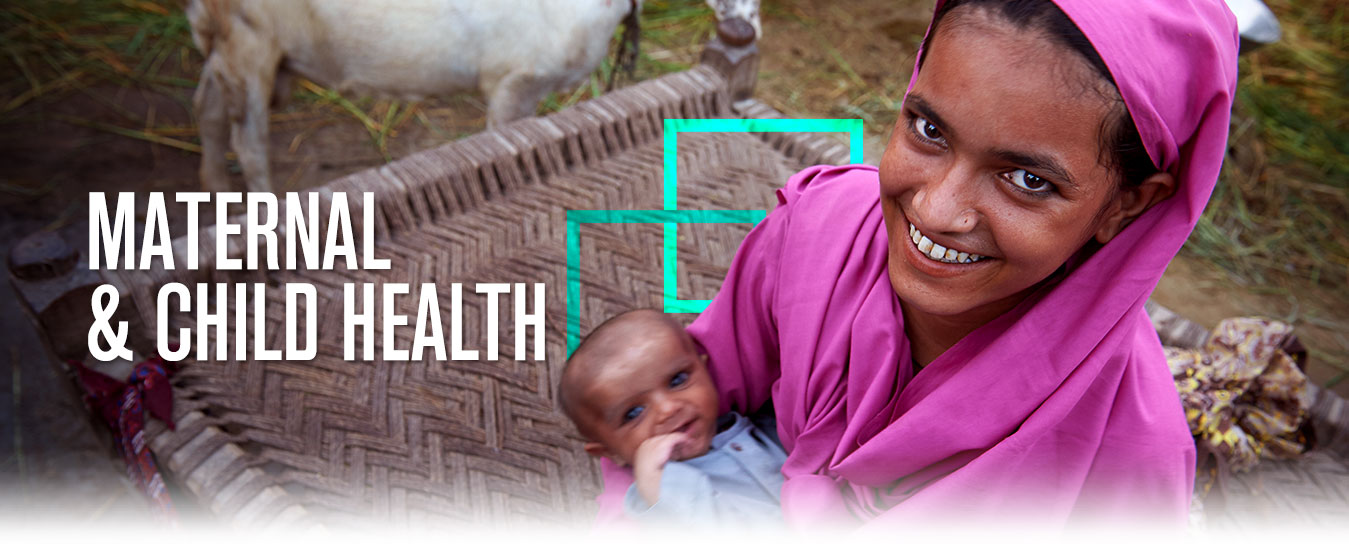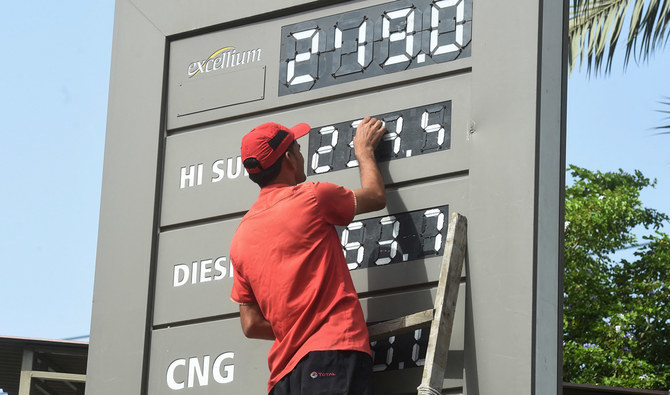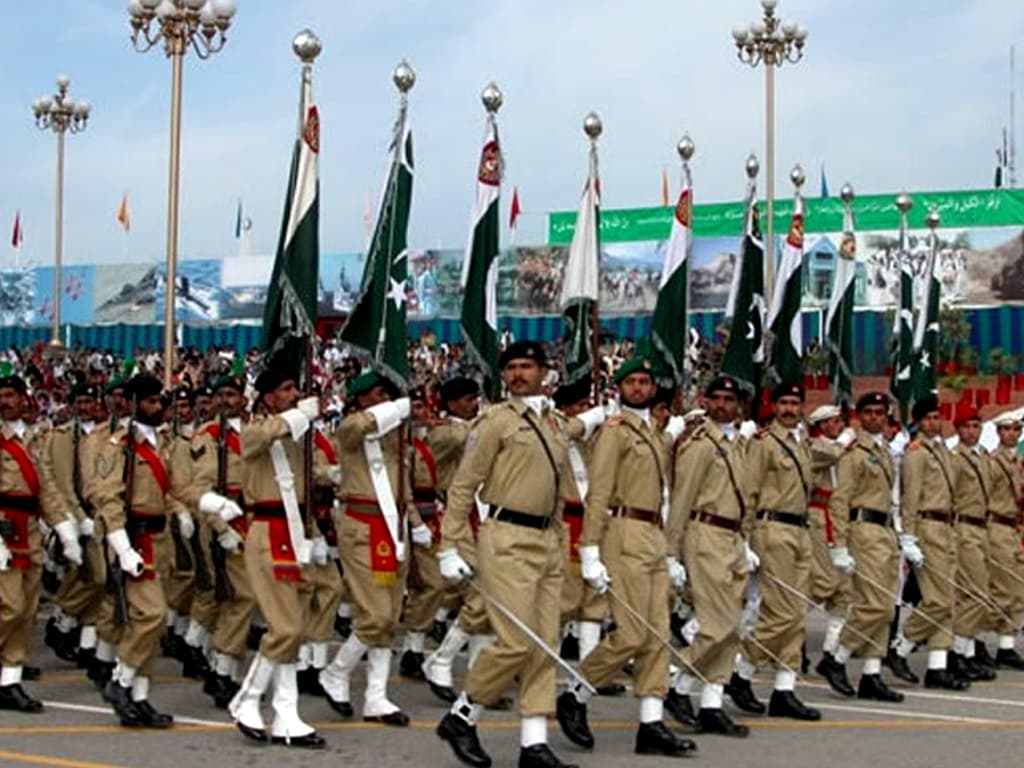Maternal and Child Health Challenges in Pakistan

- Jawad Sheikh
- 07 Mar, 2023
Maternal and child health is a critical issue in Pakistan, with one of the highest maternal and child mortality rates in the world. Despite the efforts made by the government, non-governmental organizations, and international agencies, maternal and child health outcomes in Pakistan remain poor. In this blog, we will discuss the challenges faced by women and children in Pakistan regarding maternal and child health, including access to healthcare, education, nutrition, and the role of cultural and social norms in shaping maternal and child health outcomes.
Access to Healthcare
Access to healthcare is a significant challenge in Pakistan, particularly in rural areas. Many women in Pakistan do not receive proper antenatal care, which is essential for ensuring healthy pregnancy and childbirth outcomes. According to a study published in the Pakistan Journal of Medical Sciences, only 42% of women in Pakistan receive antenatal care, and only 47% of births are attended by skilled healthcare professionals.
Furthermore, there is a shortage of healthcare facilities, equipment, and personnel in Pakistan. Many health facilities lack basic amenities such as clean water, sanitation, and electricity. In addition, there is a shortage of trained healthcare professionals, particularly midwives, who are essential for providing quality maternal and child healthcare services.
Education
Education is another critical factor that affects maternal and child health outcomes in Pakistan. According to the United Nations Educational, Scientific and Cultural Organization (UNESCO), Pakistan has the second-highest number of out-of-school children in the world, with more than 22 million children out of school. Many parents, particularly in rural areas, do not prioritize education for their daughters, which leads to lower literacy rates among women and girls.
Lower levels of education among women and girls are associated with higher rates of maternal and child mortality, as educated women are more likely to seek antenatal care, receive proper nutrition, and make informed decisions about their health and the health of their children. Educated women are also more likely to have smaller families and space their pregnancies, which reduces the risk of maternal and child mortality.
Nutrition
Malnutrition is a significant problem in Pakistan, particularly among women and children. According to the Pakistan Demographic and Health Survey (PDHS), 36% of children under the age of five are stunted, 17% are wasted, and 29% are underweight. In addition, more than half of women of reproductive age in Pakistan are anemic, which can lead to maternal complications during pregnancy and childbirth.
Poor nutrition during pregnancy can lead to low birth weight, which is a leading cause of newborn mortality. According to the PDHS, 27% of newborns in Pakistan have low birth weight, which increases their risk of morbidity and mortality. Furthermore, inadequate nutrition during the first two years of life can lead to stunting, which affects physical and cognitive development and can lead to long-term health problems.
Cultural and Social Norms
Cultural and social norms also play a significant role in shaping maternal and child health outcomes in Pakistan. Many women face social and cultural barriers to accessing healthcare, including cultural practices that restrict women's mobility and decision-making power. Furthermore, gender-based violence is a significant problem in Pakistan, which affects women's physical and mental health and can lead to maternal and child mortality.
In addition, cultural and social norms also affect nutrition and child feeding practices in Pakistan. Many families prioritize feeding boys over girls, which can lead to inadequate nutrition for girls. Furthermore, traditional feeding practices, such as the delayed initiation of breastfeeding and the use of water instead of breast milk, can also contribute to malnutrition and poor health outcomes for children.
In conclusion, maternal and child health is a critical issue in Pakistan, which requires urgent attention from policymakers, healthcare providers, and the general public. To improve maternal and child health outcomes in Pakistan, it is essential to improve access to healthcare, particularly in rural areas. This includes increasing the number of healthcare facilities, equipment, and trained healthcare professionals, particularly midwives. In addition, efforts should be made to increase the utilization of antenatal care services, which can help to identify and address pregnancy-related complications.
Education is another critical factor in improving maternal and child health outcomes in Pakistan. The government should prioritize education for girls and provide incentives for families to send their daughters to school. Educated women are more likely to make informed decisions about their health and the health of their children, which can lead to better maternal and child health outcomes.
Nutrition is also a crucial factor in improving maternal and child health in Pakistan. The government should prioritize nutrition interventions, particularly during pregnancy and early childhood. This includes promoting exclusive breastfeeding for the first six months of life, improving access to nutritious foods, and addressing cultural practices that contribute to poor nutrition.
Finally, cultural and social norms also play a significant role in shaping maternal and child health outcomes in Pakistan. Efforts should be made to address gender-based violence, empower women, and promote gender equality. In addition, cultural practices that restrict women's mobility and decision-making power should be addressed, and traditional feeding practices that contribute to poor nutrition should be discouraged.
In conclusion, improving maternal and child health outcomes in Pakistan requires a multi-sectoral approach that addresses the complex social, cultural, and economic factors that contribute to poor health outcomes. By addressing these factors, we can ensure that all women and children in Pakistan have access to the healthcare, education, and nutrition they need to thrive.
Leave a Reply
Your email address will not be published. Required fields are marked *
GRLpGpAG
1
GRLpGpAG
1
GRLpGpAG
1
GRLpGpAG
1'"
GRLpGpAG
\
GRLpGpAG
@@FB2JN
GRLpGpAG
JyI=
GRLpGpAG
1
GRLpGpAG
1
GRLpGpAG
RFdhwg4R











